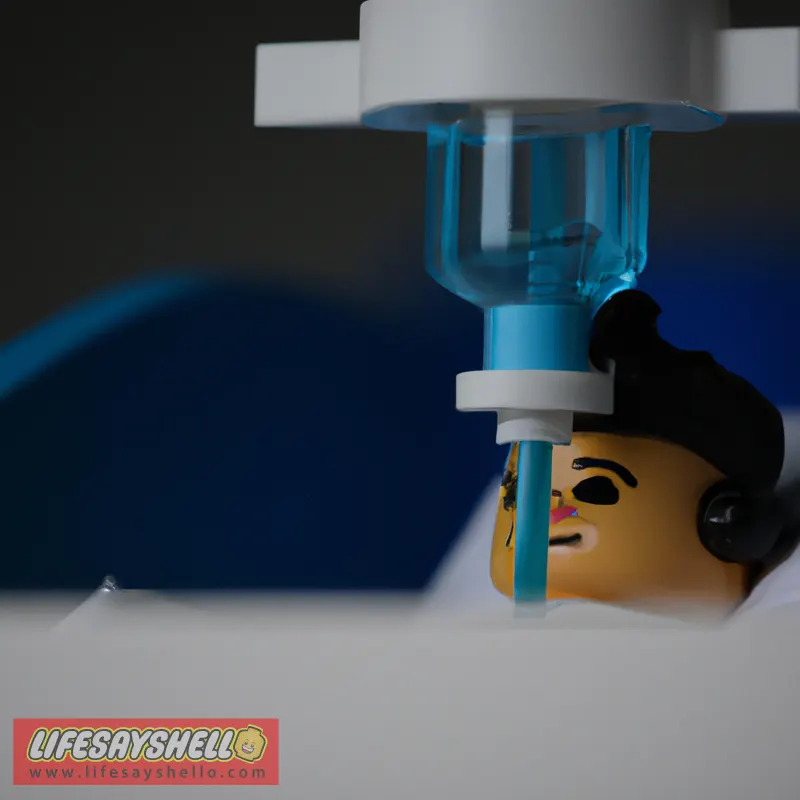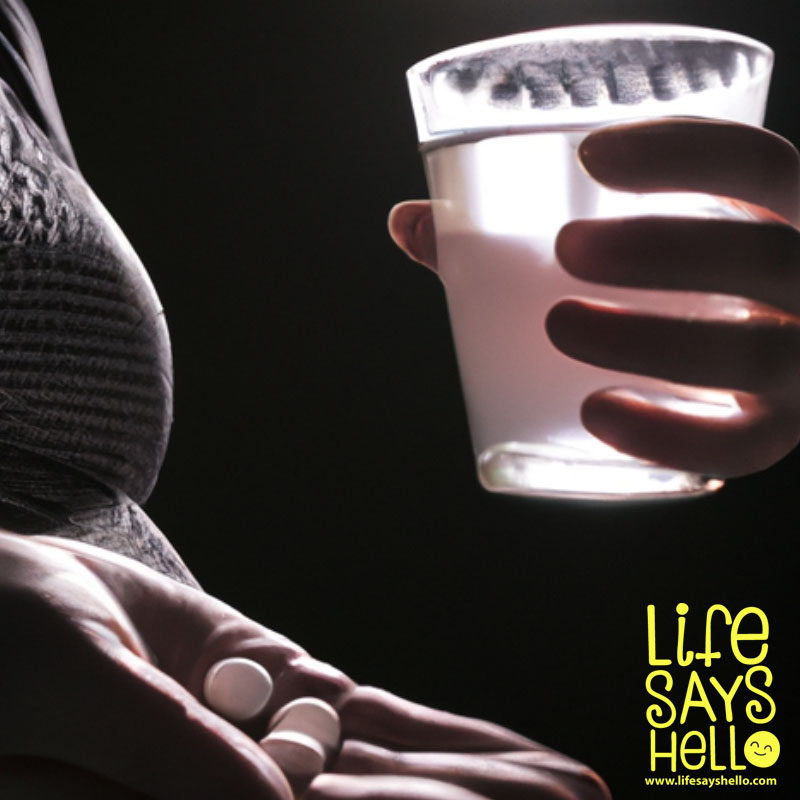Who is NOT a Good Candidate for Ketamine Therapy? Understanding the Risks and Limitations for Better Mental Health

f you've been considering ketamine therapy for depression, anxiety, PTSD, or chronic pain, it's essential to know whether you're a good candidate for this innovative treatment – and more importantly, who isn't.
Introduction
Ketamine therapy has been making headlines as an innovative and promising treatment for various mental health conditions like depression, anxiety, post-traumatic stress disorder (PTSD), and even chronic pain. However, as with any medical treatment, it's crucial to understand that ketamine therapy isn't suitable for everyone. In this comprehensive guide, we'll dive deep into the factors that may make someone a poor candidate for ketamine therapy, helping you make an informed decision about whether this treatment is right for you or your loved one.
History of Psychosis or Schizophrenia
Ketamine, a dissociative anesthetic, can have profound effects on the brain and may worsen psychotic symptoms in individuals with a history of psychosis or schizophrenia. For these individuals, ketamine therapy may not only be ineffective but could also increase the risk of relapse, making it a less-than-ideal treatment option.
If you have a history of psychosis or schizophrenia, it's essential to discuss your mental health background with your healthcare provider before considering ketamine therapy. They can help you explore alternative treatments that may be better suited to your unique needs, such as cognitive-behavioral therapy (CBT), dialectical behavior therapy (DBT), or medication management.
Allergy or Intolerance to Ketamine or Related Drugs
While ketamine is generally well-tolerated, some people may experience an adverse reaction to the drug or its metabolites. Common side effects of ketamine can include nausea, vomiting, headache, and increased blood pressure. In some cases, these reactions may be due to an allergy or intolerance to ketamine or related drugs.
Before starting ketamine therapy, it's crucial to inform your healthcare provider of any known allergies or intolerances you may have. They can help determine whether ketamine is a safe and appropriate treatment option for you, or if you should consider alternative therapies.
Uncontrolled Medical Conditions
Ketamine therapy can have an impact on the cardiovascular and respiratory systems, making it potentially risky for individuals with certain uncontrolled medical conditions. People with heart disease, hypertension (high blood pressure), asthma, or chronic obstructive pulmonary disease (COPD) should exercise caution when considering ketamine therapy.
If you have any of these conditions, it's essential to consult with your healthcare provider before pursuing ketamine therapy. They can help you assess the potential risks and benefits of this treatment and determine whether it's appropriate for your specific circumstances. They may also recommend additional testing or monitoring to ensure your safety during the treatment process.
Substance Abuse or Dependence
Ketamine has the potential for abuse and addiction, particularly when used in high doses or frequently. Individuals with a history of substance use disorder may be at increased risk for developing an addiction to ketamine, making it a potentially dangerous treatment option for this population.
If you have a history of substance abuse or dependence, it's crucial to discuss this with your healthcare provider before considering ketamine therapy. They can help you weigh the potential risks and benefits of this treatment and determine whether it's appropriate for your situation. In some cases, they may recommend using ketamine therapy under close supervision or exploring alternative treatments that carry a lower risk of addiction, such as psychotherapy or support groups.
Pregnancy or Breastfeeding
Ketamine can cross the placenta and be passed through breast milk, which means that its effects on a developing fetus or nursing infant are not fully understood. As a result, pregnant or breastfeeding women should avoid ketamine therapy unless specifically advised by their healthcare provider.
If you are pregnant or breastfeeding and considering ketamine therapy for a mental health condition, it's essential to consult with your healthcare provider. They can help you explore alternative treatment options that may be safer for you and your baby, such as therapy, support groups, or medication management.
Conclusion
In conclusion, while ketamine therapy can be a life-changing treatment for some individuals struggling with mental health conditions, it's not suitable for everyone. By understanding the factors that may make someone a poor candidate for ketamine therapy – such as a history of psychosis or schizophrenia, allergy or intolerance to ketamine, uncontrolled medical conditions, substance abuse or dependence, and pregnancy or breastfeeding – you can make a more informed decision about whether this treatment is right for you or your loved one.
As always, it's essential to consult with a healthcare professional before pursuing any form of treatment, including ketamine therapy. They can help you assess your unique situation, discuss potential risks and benefits, and guide you towards the best course of action for your mental health and well-being.




Comments